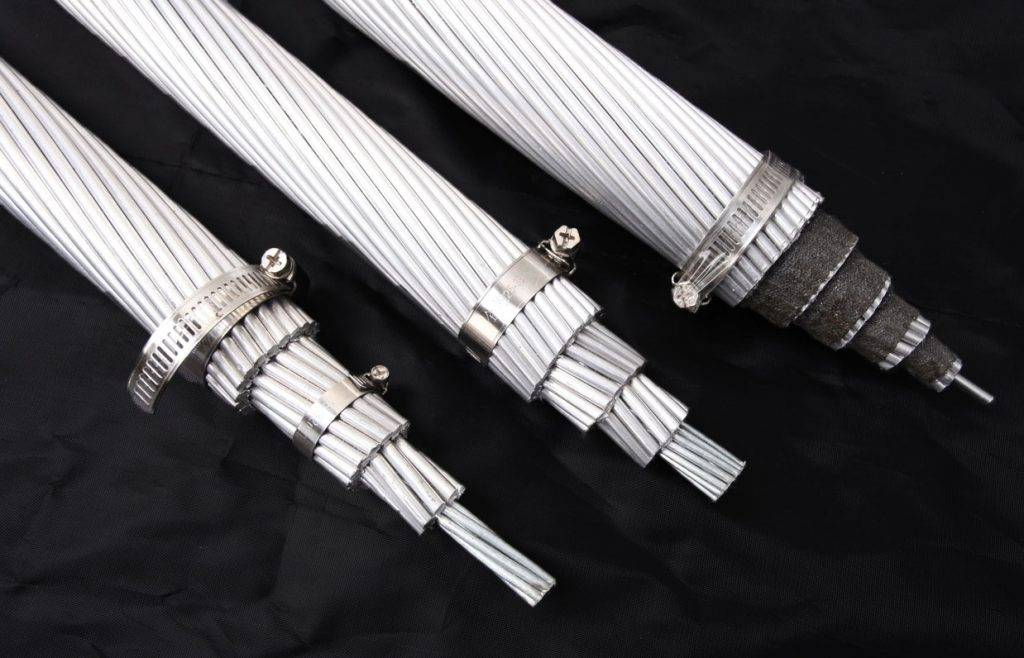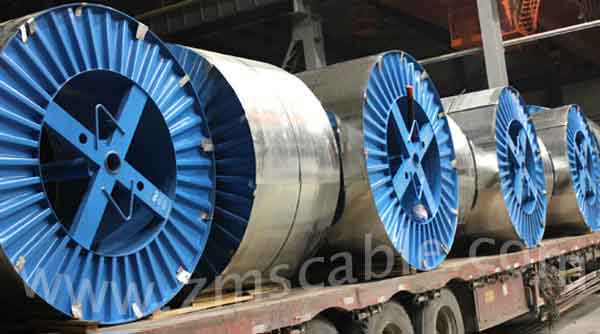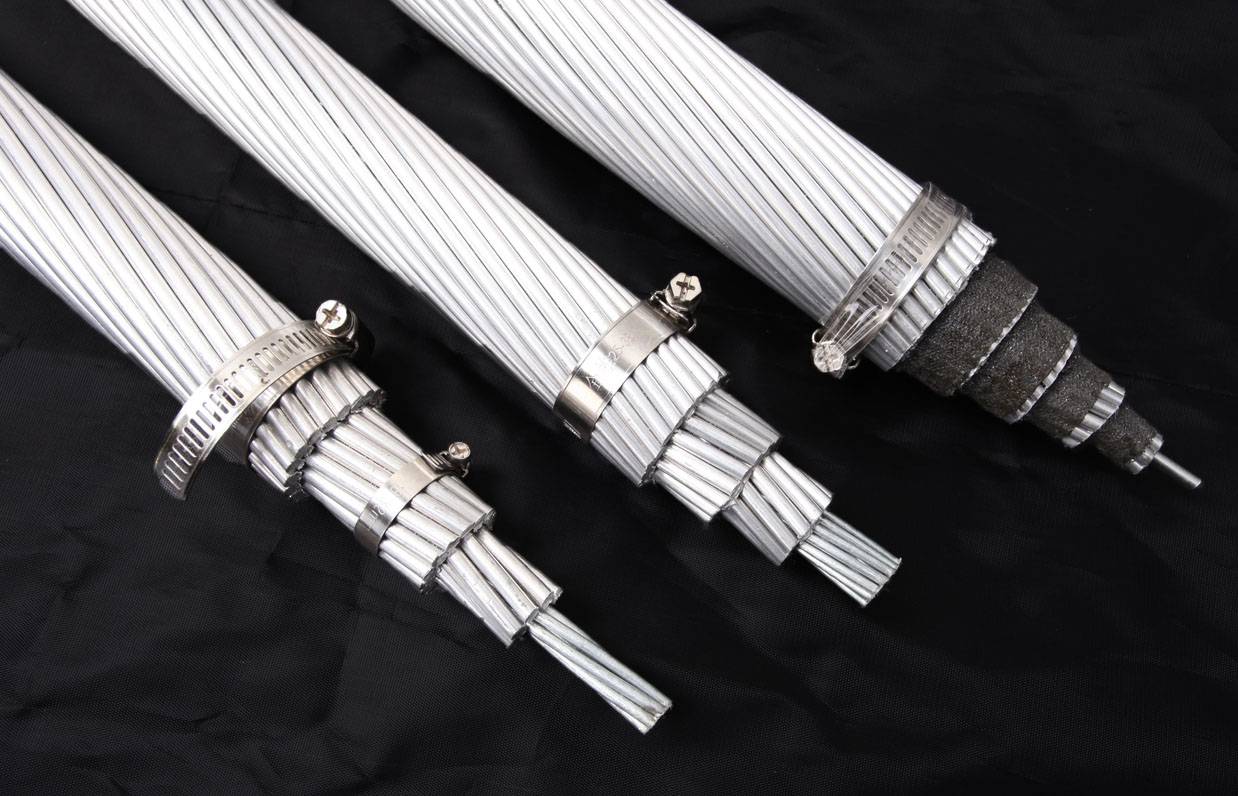Cables are the heart of any electrical project. Whether it is an interior or exterior project, an underground or aerial installation, cables are the key.
So, What type of the cable should we choose? Copper or aluminum cable? Does the cable need reinforcement? (usually steel)?
In this article we will explore these issues and explain why aluminum cables may be more suitable than other options for certain types of power transmission..
The two most common conducting materials are copper and aluminum..
in the projects, electrical project engineers and designers often choose aluminum or copper cables. The main function of any conductor is to direct the flow of electrons from one point to another., namely, drive the current.
Non-magnetic metals are the best choice for conducting materials due to their properties.. Both aluminum and copper offer the ideal conductive properties.
The type of cable used depends on its characteristics.. Consider the environment of use, tensile strength, the electrical conductivity and the weight of the cables.

Why choose aluminum cables for overhead power lines?
Although the electrical conductivity of aluminum cables is only 61% of the copper, they are almost a 30% lighter. Thus, many overhead wiring projects now use aluminum as the conductor for their cables.
One of the main characteristics of any aerial electrical application is that its cables are placed above the head. For example, indoor overhead electrical cables can run through conduits attached to ceilings and roofs.
A copper cable of comparable size to aluminum is much heavier. The weight of the duct (for example, lead tubes or tin), combined with the weight of the copper wire itself, can add an unbearable load to the roof.
Outdoor aerial cables are usually kilometers long. In winter, frost and snow often cover these cables. Considering the load capacity, lighter aluminum cables are more suitable in this case.
Why are aluminum conductors used for power transmission??

why are they used aluminum conductors for power transmission?
It is true that the tensile strength of conventional aluminum cables cannot match that of copper cables. Nevertheless, manufacturers have solved this deficiency by reinforcing the cables during production.
For example, the ACSR uses steel to reinforce aluminum conductors. Strengthening process makes aluminum cable lighter and cheaper than copper cables.
Besides, due to the cost difference between the two metals, manufacturers of electrical cables most often use aluminum in their manufacture. An aluminum wire 25 mm can cost less than half that of a copper cable.
Besides, whether the cables are used underground or in the air, are often subject to environmental corrosion. Copper is more susceptible to corrosion and, so, cables made from it will have a shorter lifespan.
For example, an aluminum wire 25 mm installed outdoors can last twice as long as an equivalent copper cable.
This information is provided by ZMS Cable Group, a professional manufacturer of various cables and related accessories. If you have any questions, Contact us.

